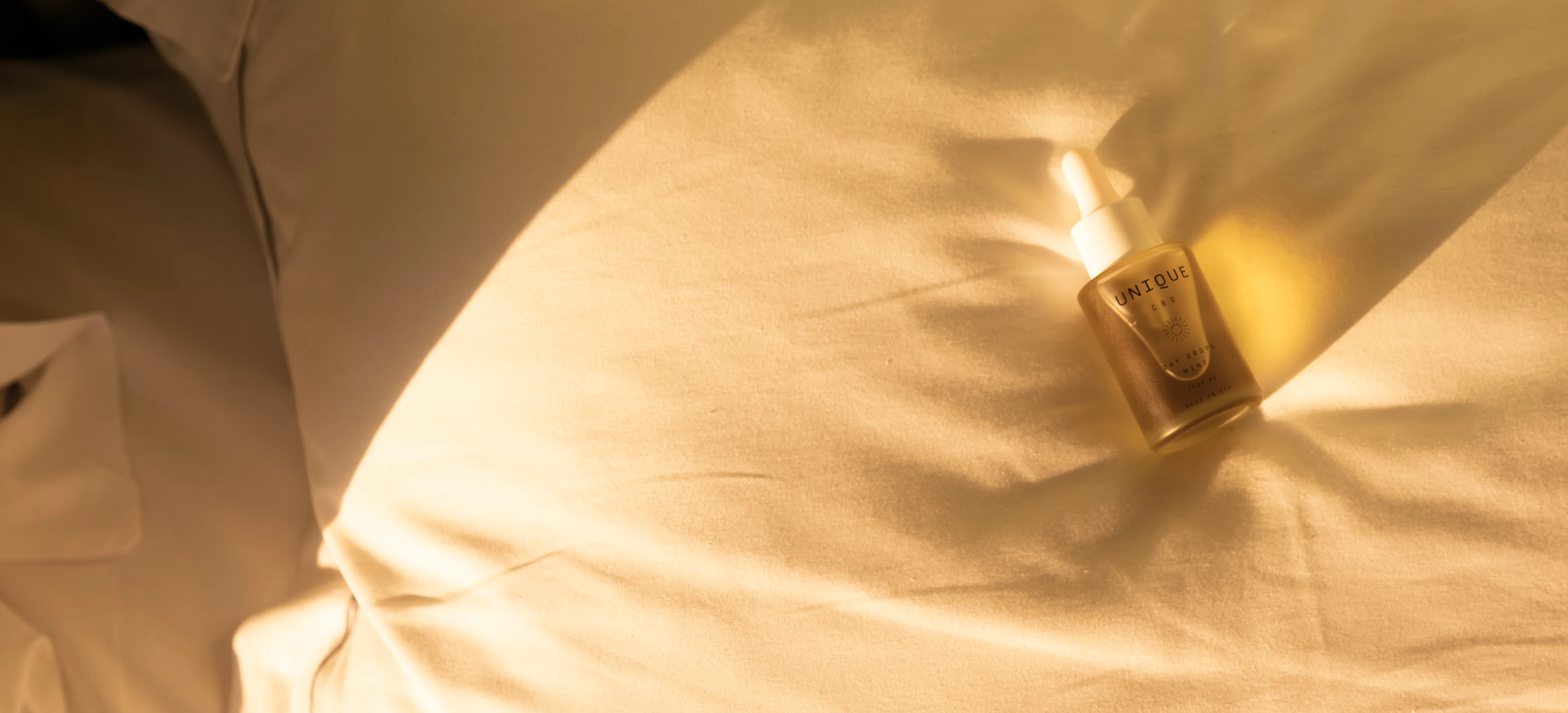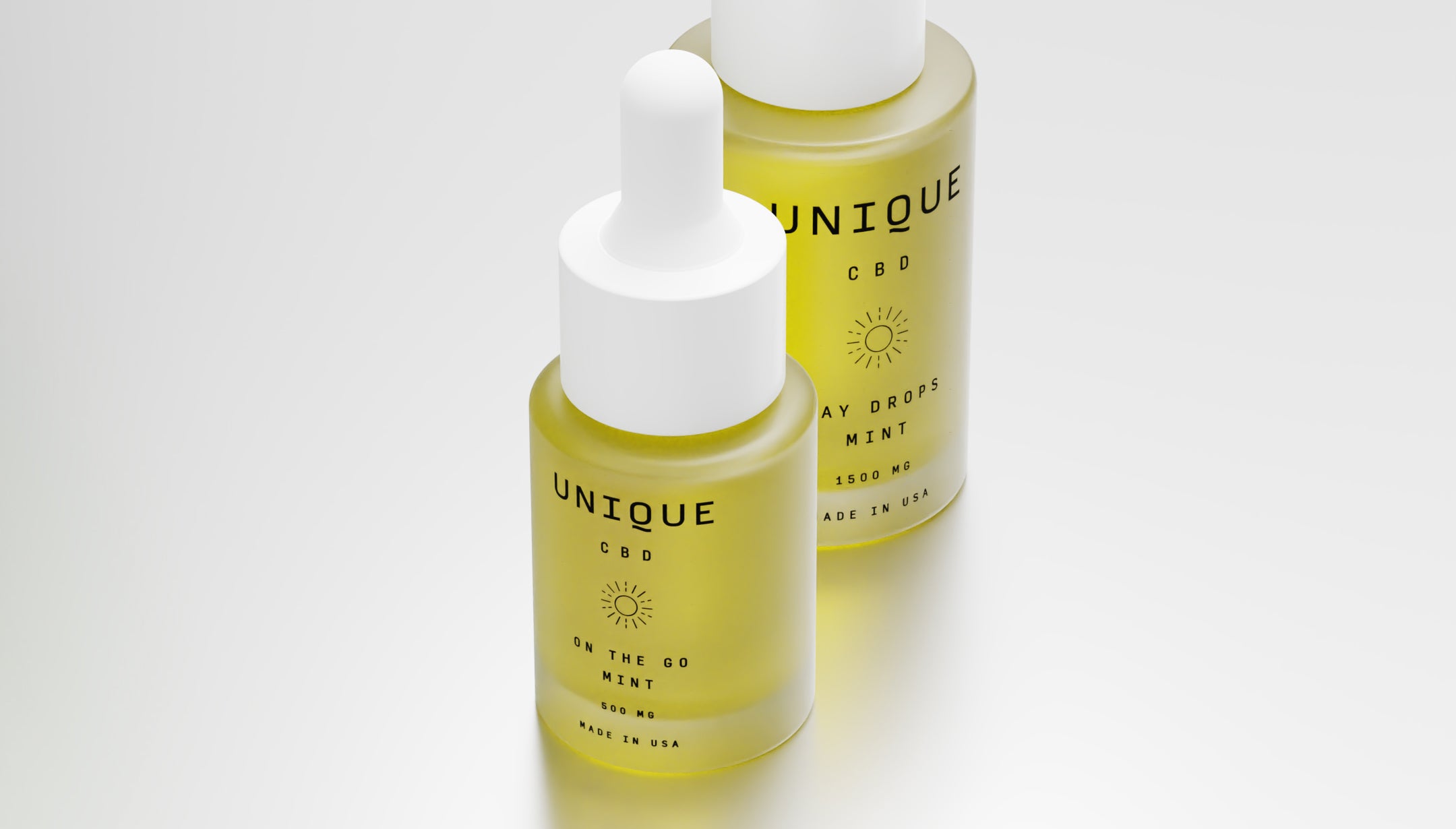
6 Easy Ways to Improve Your Sleep
A good night’s sleep is often addressed as one contributing factor to overall health and wellbeing. In fact, it’s much more than that; sleep is an essential foundation upon which the rest of your day-to-day life rests upon, and if you are regularly lacking a good quality and quantity of sleep then this can cause a knock-on affect to many aspects of your health.
Poor sleep has been linked to weight gain, higher calorie intake, difficulty with concentration and productivity, and a whole host of other potentially longer term problems too. This includes an increased risk of heart disease/ stroke, reduced immune function, and has also been associated with mental health conditions such as depression.
So- whether it’s been a quiet weekend or a hectic week; remember to take a breath, unwind, and give your body the dedicated time and rest it needs. We have put together a few tips and pointers that are both easy to implement, and effective for many who try them out.
This post will cover:
- The importance of a regular sleeping pattern
- Why you should avoid screens before bed
- Caffeine intake
- To nap or not to nap?
- Alcohol and its effects on sleep
- Optimising your sleep space

1. Maintain a regular sleeping pattern
It's easier said than done sometimes, but a regular sleep schedule can help structure your routine and stop you feeling as tired during the day. Many sleep studies focus on the number of hours you sleep (this is, of course, still very important, and you should aim for 7-8 hours a day), but research has suggested that the regularity of the times you go to bed and wake up in the morning can also have a significant effect upon the quality of your rest.
2. Avoid screens/ blue light exposure
There is an interesting science behind this one. Blue wavelengths of light in particular block a hormone called melatonin- or, more simply, the chemical that makes you feel sleepy. Your brain needs time to unwind and prepare for sleep after viewing screens by producing melatonin, so try reading or listening to soothing sounds instead for 30 minutes before bed. You may also want to try switching your phone/ monitor display to a night mode setting. This will adjust the colour tones on the screen to be less blue and easier on the eyes towards the end of the day.
3. Stop caffeine intake 6-8 hours before bed
Even though it might feel like your afternoon coffee has worn off after an hour or so, the caffeine will stay in your system for many hours more. A small study found that drinking just one strong afternoon coffee has the potential to knock an hour off your night’s sleep. You may benefit by substituting your coffee fix for another hot drink such as peppermint, camomile, green or jasmine tea- to name a few. Be wary, however, as many teas still contain caffeine.

4. Reduce irregular or long daytime naps
It is very tempting to have a nap here and there, and although this can help in the short-term, it's no replacement for a full, regular night's sleep, and has also been linked to potentially problematic nighttime sleep. If you do need to take a quick refreshing nap, this can still be beneficial- about 20 minutes is an often-quoted suggestion- but any longer than this and you may end up waking up feeling more drowsy and disoriented than you did beforehand. This could also impact how easily you fall asleep in the evenings as well.
5. Reduce alcohol consumption
Whilst it's true that alcohol has sedative affects, it has been linked to poor sleep quality, duration and regularity. There are several phases of sleep that our bodies go through during sleep- two of these are deep sleep and Rapid Eye Movement (REM) sleep. Deep sleep is what you would expect- a deep, mostly dreamless sleep. REM sleep, on the other hand, is usually associated with dreaming, and is more importantly a very beneficial restorative stage of sleep. Consumption of alcohol before bed can cause us to experience more deep sleep and less of the essential REM sleep we need. Additionally, of course, a reduced intake has many other benefits to your overall health and you will likely experience improved wellbeing in other areas too.
6. Create a comfortable sleep environment
This is perhaps not as initially obvious as some of the others on this list, but should not be underestimated. Many factors can disrupt sleep at home or when travelling- unwanted noise, lights, uncomfortable temperature, a lumpy bed- and managing these can make a world of difference to your rest. You can mitigate disruptive noise with earplugs, noise cancelling headphones, or by playing ambient soundscapes such as rainfall. An eye mask can help with bright lights (especially when travelling), or buying heavier curtains may be worthwhile if the light source is coming from outside your home. It is also worth the investment in bedding when it comes to an uncomfortable bed or low temperature. You spend a significant portion of your life asleep, so you should make sure you aren’t cutting corners at the sacrifice of your own comfort. Overall, ensuring that you are comfortable, secure and without distractions will inevitably reflect in the quality of your rest.



